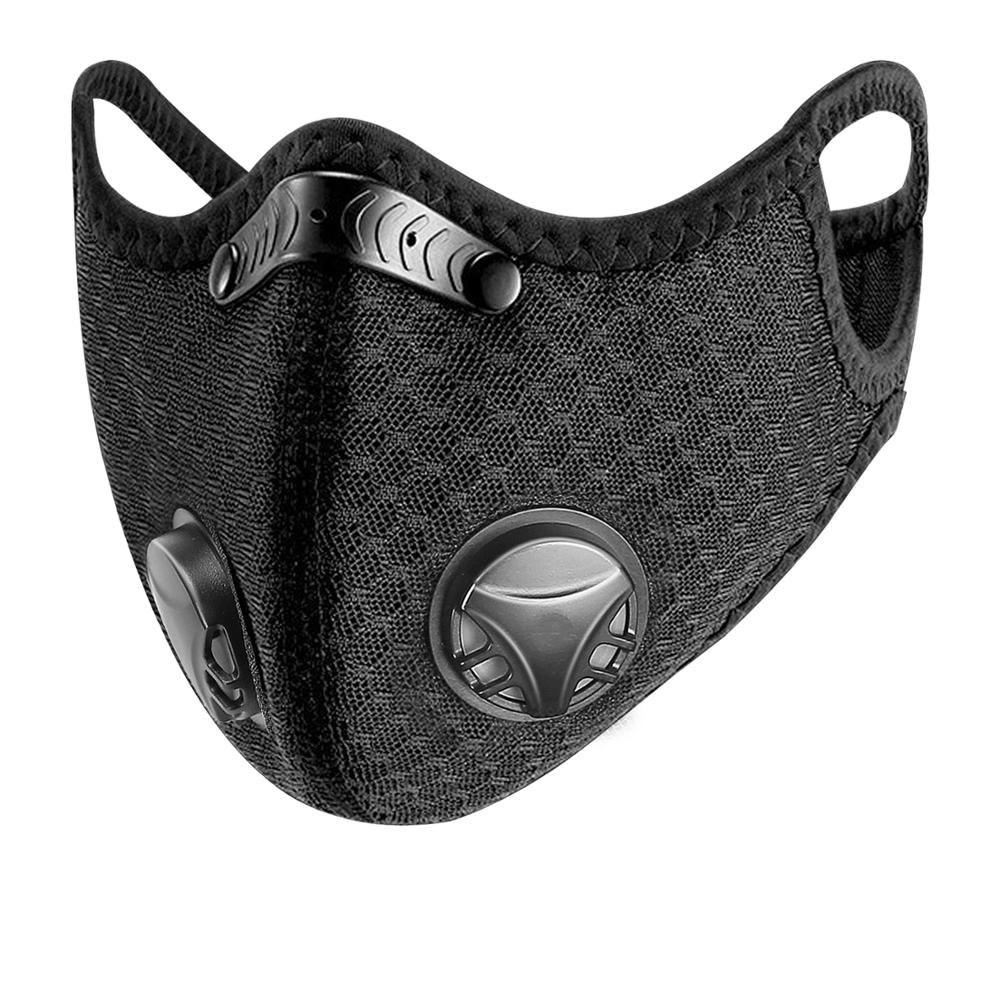THE PROBLEM: AIR POLLUTION AND OUR LUNGS (HEALTH)

There is an ever growing health threat from the very air we breath and it is something that affects everyone on the planet one way or the other and that is air pollution. It is estimated that air pollution kills more than 2 million people each year and that does not include the countless people in the world who are indirectly affected with ailments such as lung cancer, COPD and emphysema. Air toxins are all around us and we consumer a endless daily supply of toxic gases that linger in the air from car exhaust, industry and other methods where gases such as carbon monoxide, sulfur dioxide, nitrogen dioxide are expelled into the air we breath. There is even research that shows that air pollution now kills more people than smoking. These are shocking facts that we must all begin to pay attention to.
Even more alarming is the damage being done to those of us who live in densely populated cities such as New York, Los Angeles and Toronto. It is suggested that a 1 hour run in downtown New York at rush hour is equivalent to smoking a pack of cigarettes with regards to CO2. The fact is, you do not have to be running or cycling to be a causing your lungs and body harm from the devastating effects of air pollution on your body. If you live in the city then you are most likely getting a constant daily does of these devastating and harmful pollutants.
How do the different types of pollutants in air pollution affect lung function
Air pollution and its many forms all damage the lungs, kill protective cells, and can cause cardiovascular disease and heart attacks.
Ozone, particulates and sulfur dioxide "inflame the linings of the lungs," which makes them work harder and can cause heart attack. Sulfur dioxide and ozone react chemically with surfaces inside the lungs, causing inflammation that produces mucus, coughing, and serious breathing trouble. It increases susceptibility to respiratory infections and causes flare-ups in people with chronic lung problems and stresses the arteries and heart. Long-term exposure to the sooty gas at ground level increases the risk of death from respiratory problems by more than 30%.

The smaller the particulates the longer they stay in your lungs. In moderate amounts they get picked up by your white blood cells and removed from your system however, the more air pollution you breath in terms of volume and density, the less effective your white blood cells become at removing the particulates which is why the lungs of smokers and people who live in polluted cities are dark gray or black. This is the end result of years of inner city living and made worse if you are exercising in the middle of it taking deep long breaths. The damage to your lungs will materialize over time giving you dark gray lungs contaminated by the tons of air pollution in your lungs increasing your risk of various types of cancer, emphysema, COPD and asthma.
Even healthy people may begin to experience symptoms such as:
- Irritated eyes, nose and throat
- Tightness and discomfort in the chest
- Persistent coughing
- Shortness of breath

THE SOLUTION: ORAL AIR FILTERS - MEDICAL MASKS - 2-PLY FABRIC BLEND PM2.5 MASKS
The good news is that there is a way to help protect your lungs and health from the negative effects of many of the contaminents in the air we breath. Using an oral air filtration mask such as an N95 / KN95 medical mask, 2-ply cotton or scuba fabric PM2.5 filter or even a surgical mask which does and excellent job of filtering out the many of the air particulates as small as PM2.5 if you are using a N95 / KN95 mask or a PM2.5 filter. There is nothing that will give you a 100% solution as there is particle matter smaller than PM2.5, however, studies have shown that wearing a filtering mask can help reduce many of the dangerous contaminants in the air we breath.
There are three studies from China that look at whether wearing a N95 / KN95 face mask while walking in the center of Beijing would have a beneficial impact. The result was that blood pressure was lower than when not wearing a N95 / KN95 face mask in both healthy participants (Langrish 2009) and in participants with heart disease (Langrish 2012). The participants with heart disease showed better blood flow and oxygen delivery to the heart when wearing the N95 / KN95 face mask as compared to when not.
In a more recent study from Shanghai, healthy participants who wore medical face mask also had lower blood pressure (Shi 2017). All 3 of these studies suggest that wearing a particle-filtering mask can reduce the short-term exposure effects on the heart and blood vessels when exposed to urban air pollution.
REDUCING THE AIR POLLUTION WE BREATH
While there is no way to provide a 100% solution to reducing the negative effects of air pollution, there are ways to minimize how much we breath and and how much we are negatively affected. Using an oral air filtration device is going to a part of your overall solution and it will be a part of a larger solution that could also include home air filters, more trips in a rural setting, staying off the streets during peak driving times and more. Oral filtration can protect you from contaminants as small as PM2.5 if you are wearing an N95 / KN95 medical mask or a PM2.5 filter mask. These masks will protect you from pollen, spores, dust particles and even viral organisms. Every little thing we do that reduces our exposure to pollution and negative air particulates is going to help with our lung and overall health.

